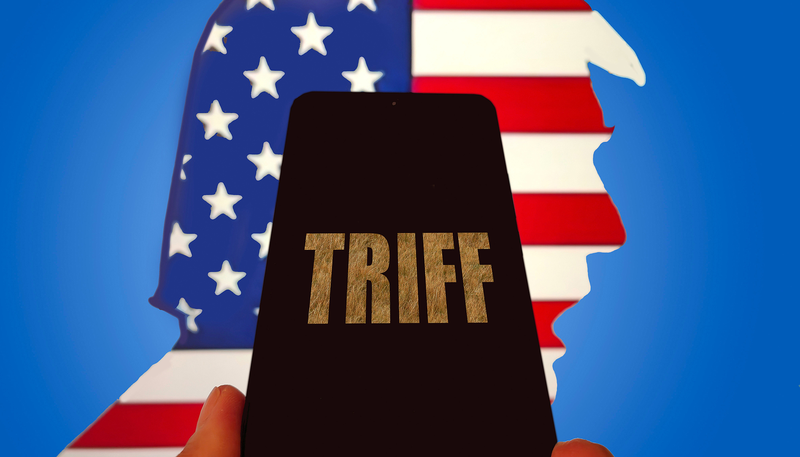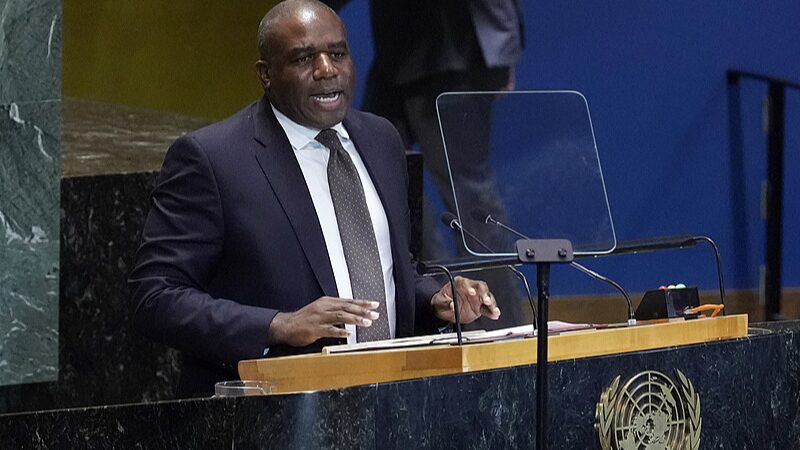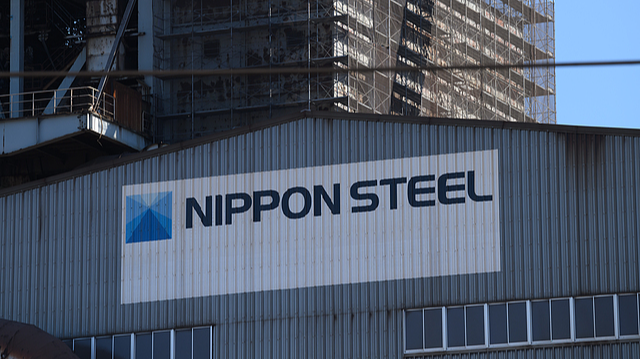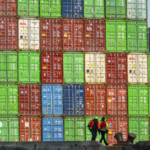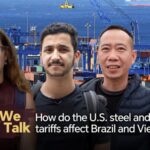The UK is navigating a turbulent trade crossroads as former U.S. President Donald Trump’s tariffs rattle its economy and political strategy. With hits on steel, aluminum, and cars—plus looming pharmaceutical levies—the British government faces a dilemma: prioritize ties with the U.S. or pivot toward stronger EU relations? 🤔
Prime Minister Keir Starmer’s hoped-for “bridge” between Washington and Brussels is wobbling. While tariffs stayed at 10% instead of soaring higher, experts warn the economic pinch could deepen, especially if trade tensions escalate. The Labour government’s balancing act—chasing a U.S. trade deal while resetting EU relations—has left businesses and analysts skeptical. 🎯
Historically, UK leaders have championed the “special relationship” with America, but public trust has wavered since controversies like the 2003 Iraq War and Brexit debates. Now, Starmer’s team must reconcile growth goals with geopolitics. Economic projections suggest closer EU ties could provide far greater gains than U.S. deals—but will tradition outweigh pragmatism? 📉🇪🇺
As Brussels eyes UK moves warily, critics argue the tariff fallout highlights a deeper identity crisis. Can Britain redefine its role in a shifting global trade landscape, or will it cling to familiar alliances at a cost? The answer may shape its economy—and international influence—for years to come. 💡
Reference(s):
cgtn.com
